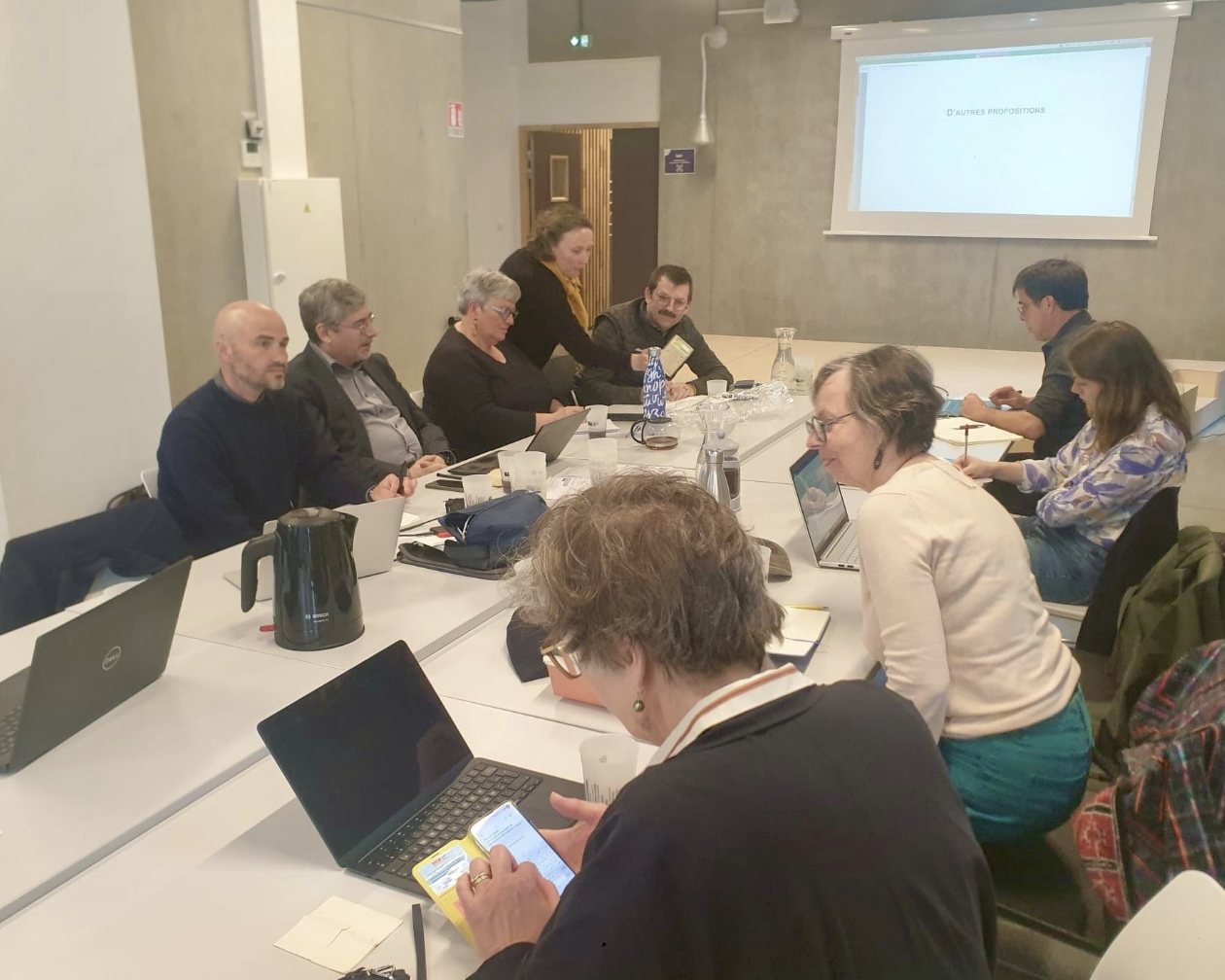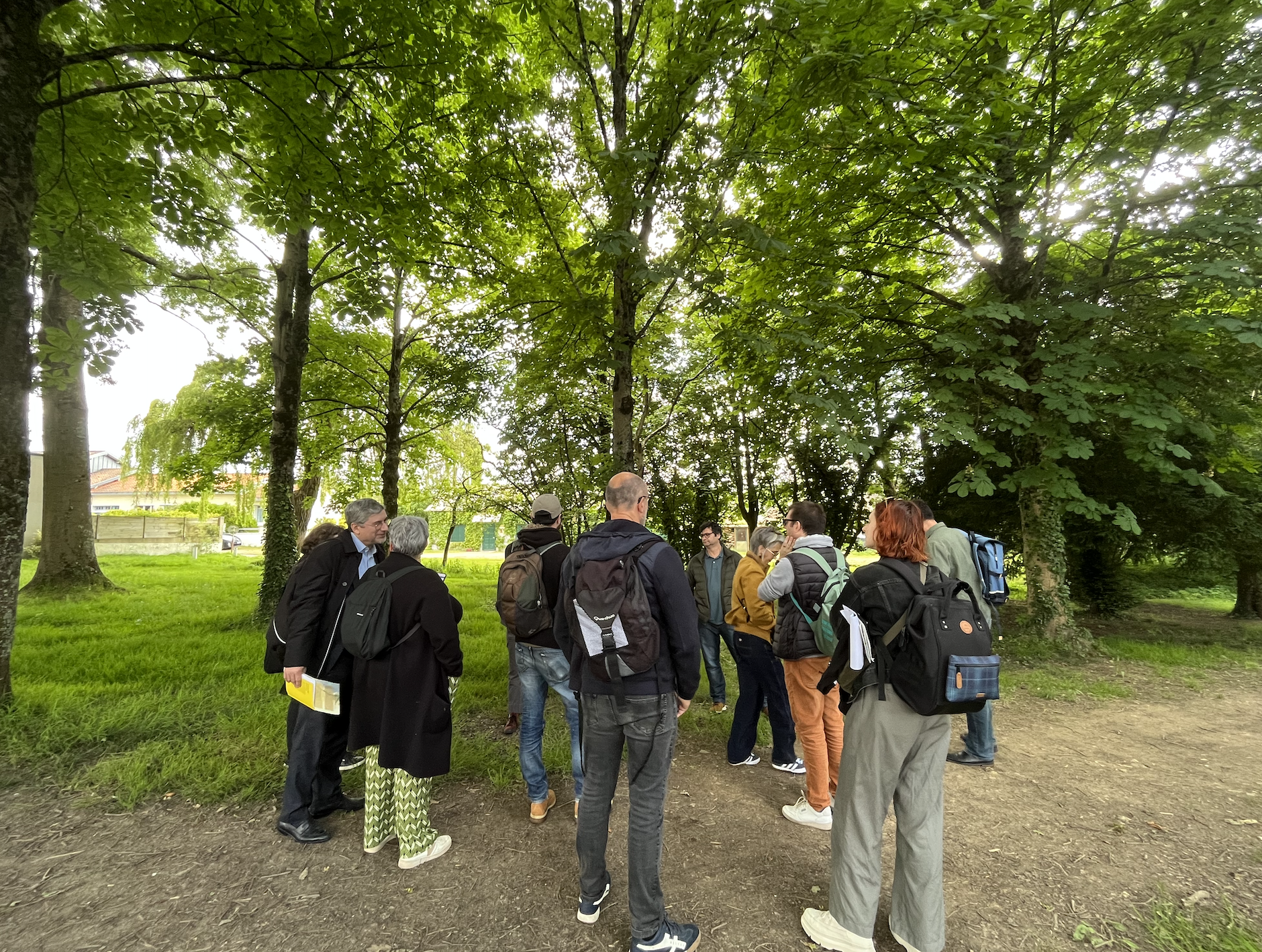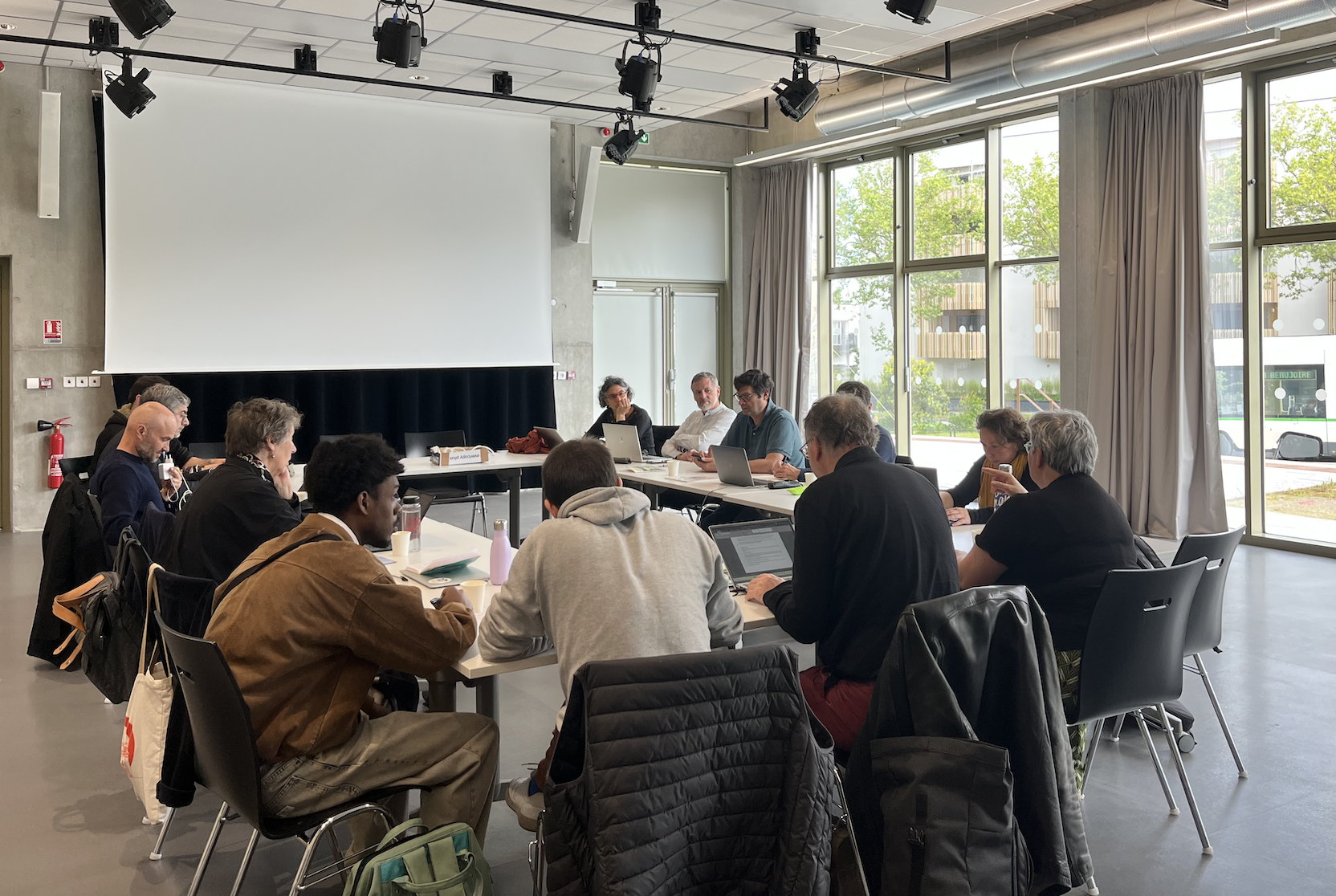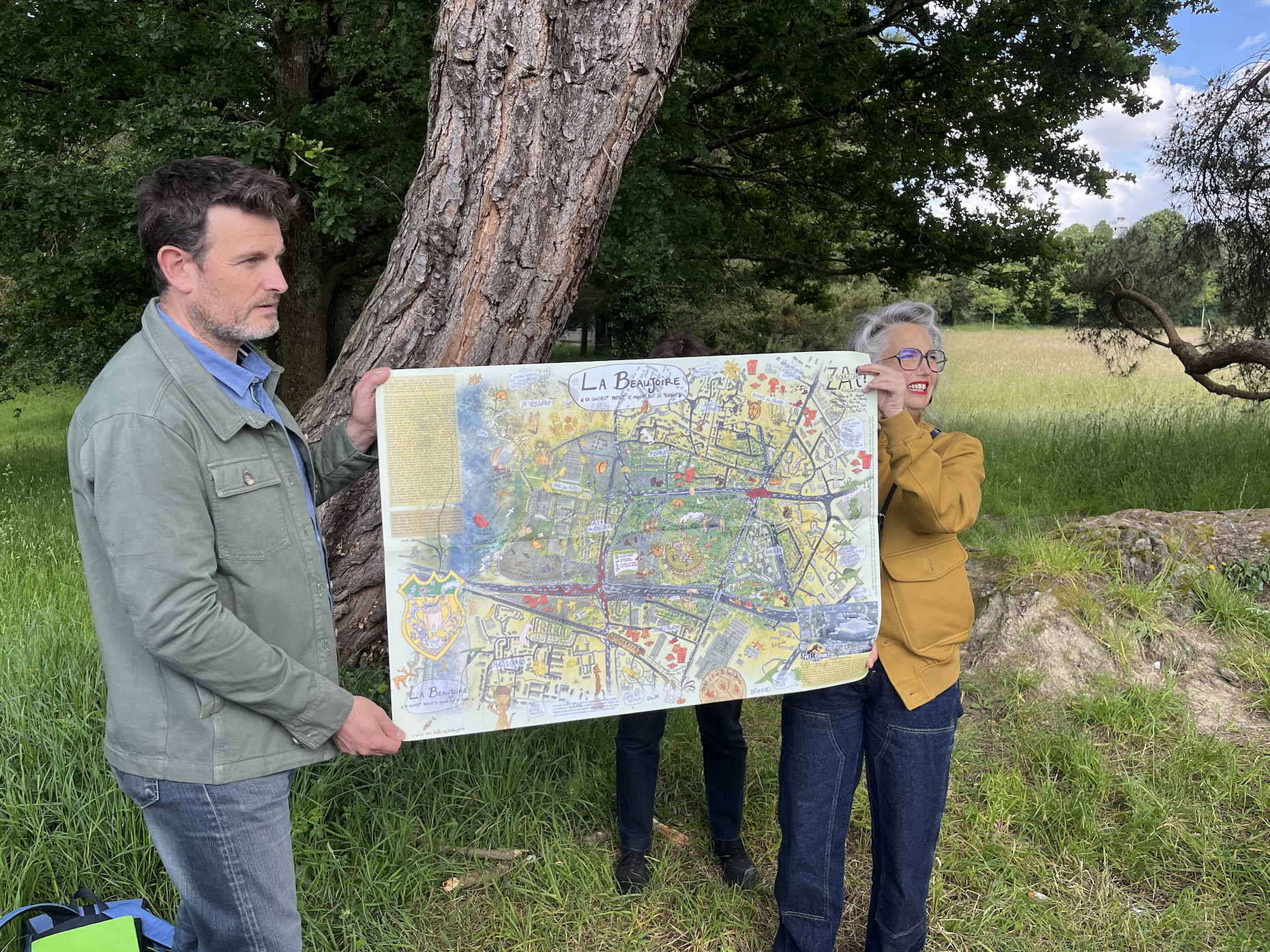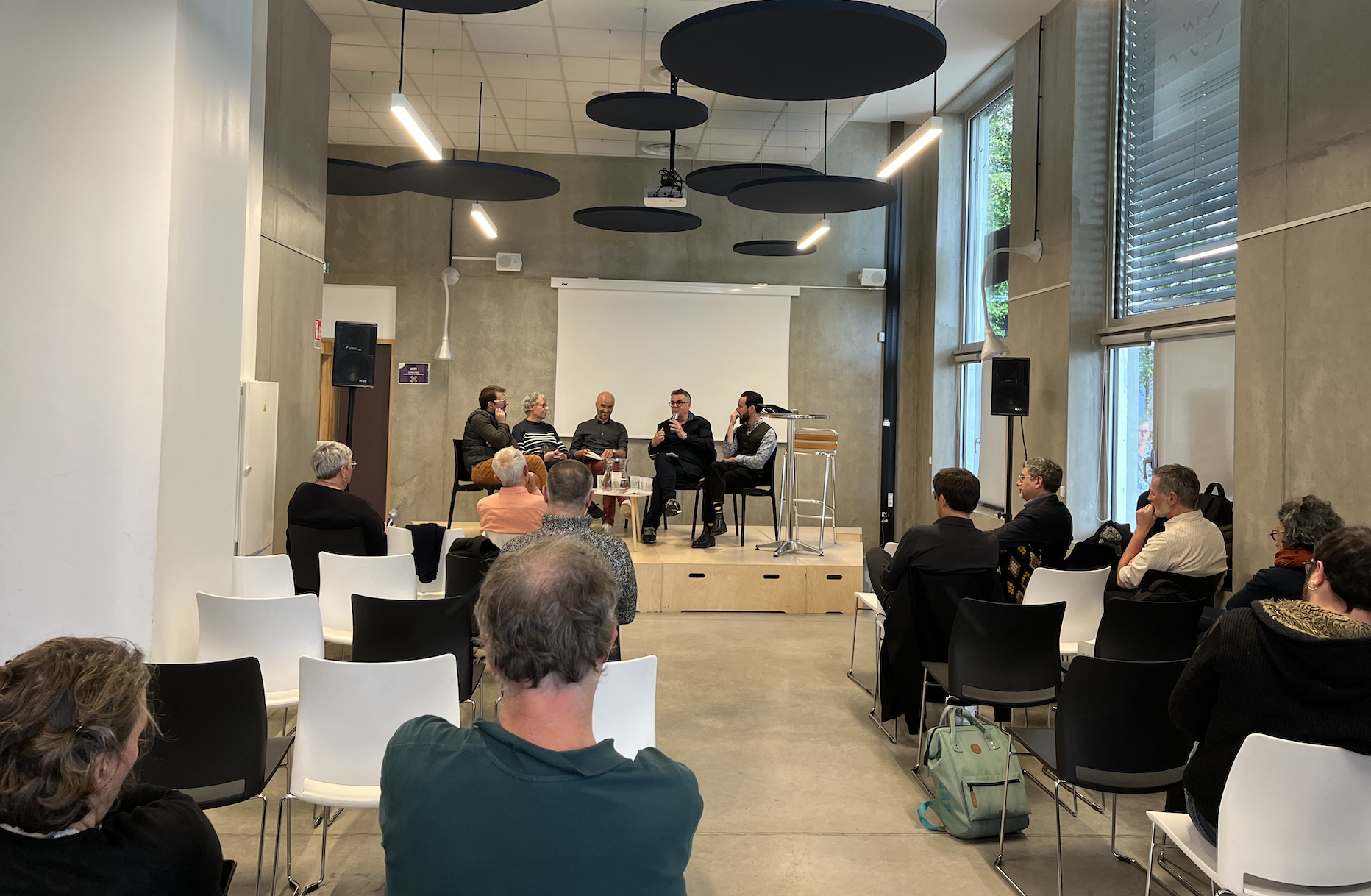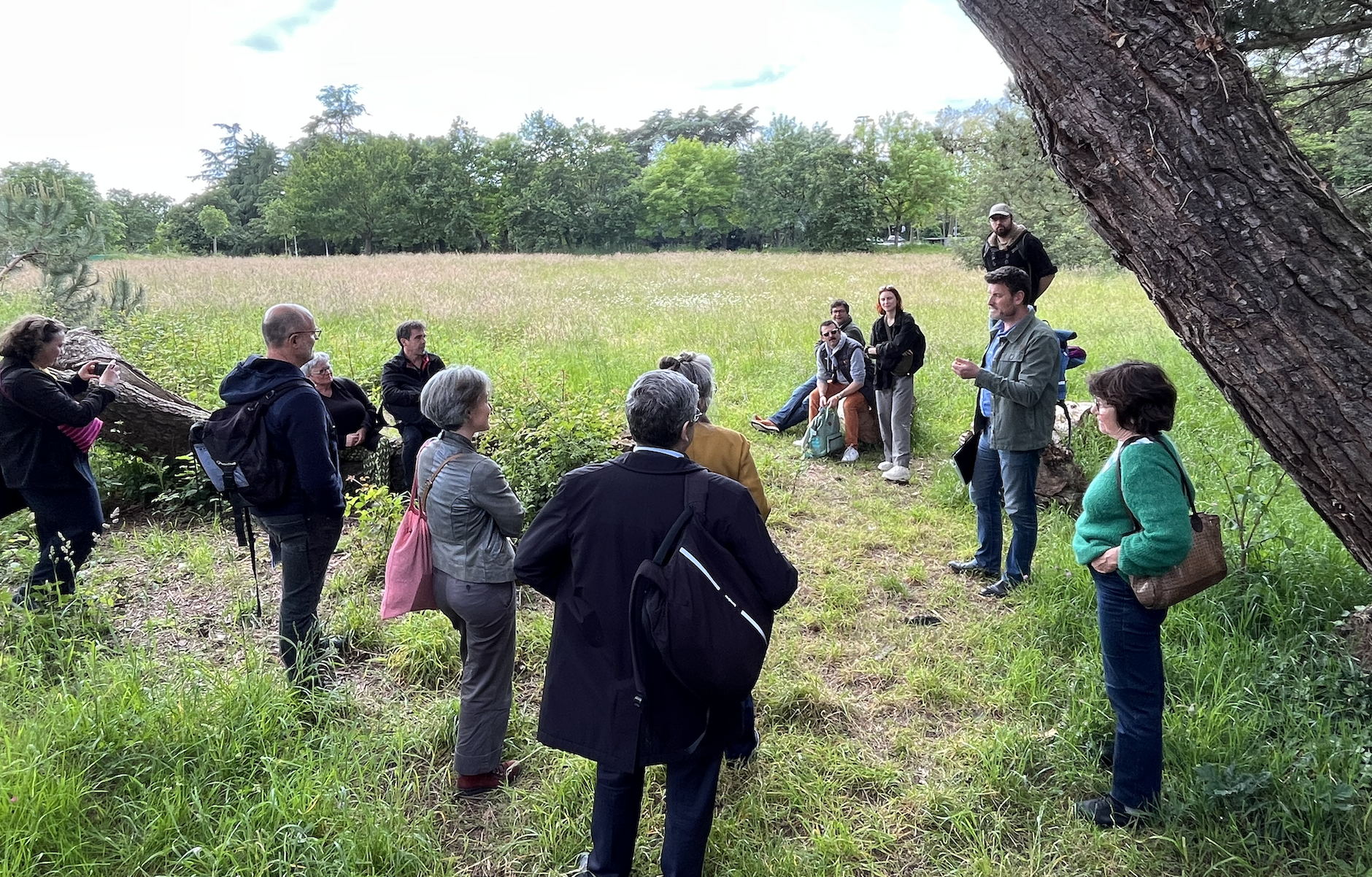The Faro French-speaking network met in Nantes on 23 and 24 May 2024 for its annual meeting. These two days provided an opportunity to take stock of the network's structure, the latest news from each member and the joint actions to be carried out. It was also a chance for the network to get together and reaffirm its commitments.
The ACCR is part of the French-speaking Faro Network, a network dedicated to promoting and applying the principles of the Faro Convention in France, alongside other organisations such as towns, regions, associations and cooperatives. In fact, it is an informal and cooperative network, open to persons who aspire to reflect on the philosophy behind the Faro Convention and to work towards its understanding and application.
In this way, the network is reaffirming the political, as well as the technical, framework of the Faro Convention, which approaches heritage as a resource for breaking out of compartmentalised thinking and building a society together.
Reaffirming values /
When heritage is seen as a resource, the idea is to work on concepts such as capability, emancipation, reconciliation or at least dialogue, and cooperation, which cannot be decreed but must be co-constructed.
Using a variety of approaches, the network aims to protect spaces for discussion in which everyone can feel safe to share their views and legitimate to do so. This means creating spaces of trust over the long term that take account of the equal dignity of knowledge.
It means affirming that everyone has a stake in our heritage. Heritage is not the prerogative of cultural and artistic institutions; they are only one of a number of ways of promoting it. As a result, the network is working to question and reconsider the role and place of these institutions in order to re-politicize them and adapt the way they tell history. The aim is to make them places that contribute to public debate and help to tell the story of the diversity of heritages.
What's more, each archive needs to be interpreted in different ways. There is no such thing as a neutral archive; they have a specific meaning that deserves to be told, given that the context is just as important as the object in the process of transmitting the stories that make up History. And this context is fleshed out by stories of attachment that are as much a part of our heritage as the object itself. The Faro Convention is part of this consideration of a living and popular memory.
Life of the network /
In the light of the discussions over these two days, it seemed appropriate to choose the issue of shared responsibility as the guiding theme for 2024-2025. This approach will enable us to examine the tools that we all use in our daily lives (heritage walks, inventories, archiving, etc.). Shared responsibility recognises the importance of sharing decision-making and action between the various stakeholders in a project on an equal footing. This process, far from dispossessing, strengthens everyone's abilities.
In the long term, it will also be necessary to extend the network's membership to include heritage communities, in order to increase the number of viewpoints and limit bias, rather than just being a network of institutions.
Examples of projects /
- The MODAL platform, set up online by the FAMDT, is a collaborative tool on which anyone is invited to write articles based on thematic entries. It includes resources on the Faro Convention, its interpretation and its implications;
- Discussions are underway on the creation of training modules to be integrated into university courses, in continuing education or initial training. This would respond to the social and ecological transition of faculties;
- Nantes patrimonia is a tool that makes citizens' contributions visible. It is a space for online dialogue on what the people of Nantes consider to be their heritage;
- Bastina, a fair-trade travel association, offers walks that enable visitors to discover the area through the prism of its inhabitants, their daily lives and their stories. This free format of discovery and exchange allows everyone to share their impressions, giving a unique character to each edition;
- Following on from the ‘Interpreting and applying Faro’ training course organised by the ACCR for its members and run by Oiseaux de passage, the association would like to publish a booklet with testimonials on projects within the network of Centres culturels de rencontre that are in keeping with the Faro spirit.

